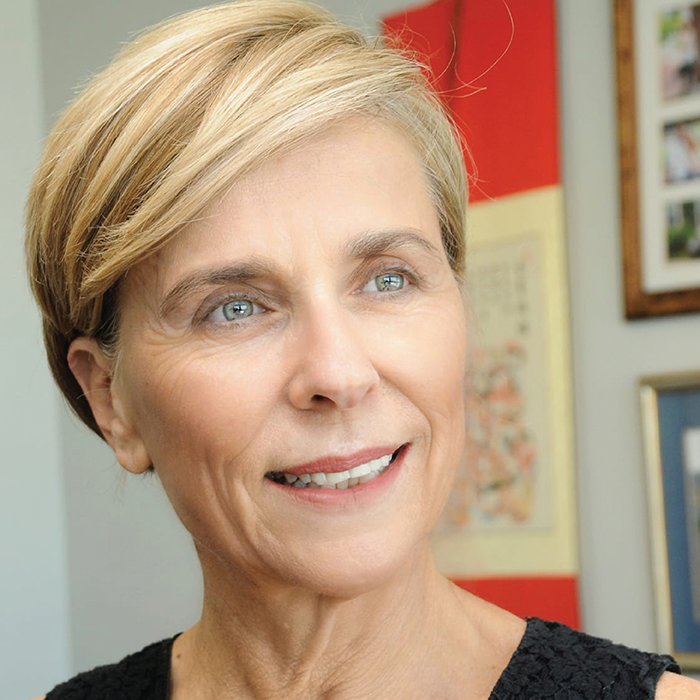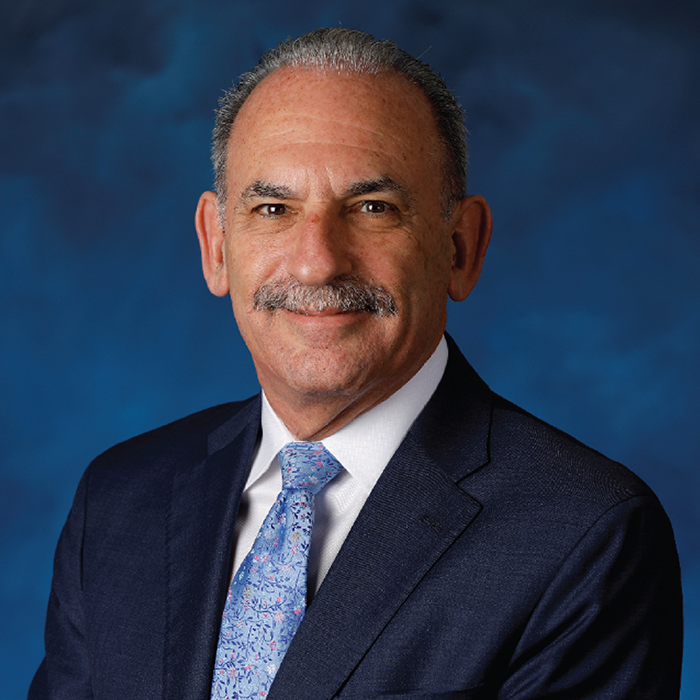
Co-chairs Anat Loewenstein and Baruch Kuppermann describe how the Congress on Controversies in Ophthalmology (COPHy) takes a unique approach to the pertinent issues of the day, while outlining what’s in store for the upcoming meeting in Athens (March 15-16).
Please provide a brief history of the Congress…
Loewenstein: We started the annual Controversies in Ophthalmology conference 14 years ago. The meeting deals only with controversial issues. The basic concept is that each topic is debated by two presenters – one in favor of a certain point, the other against it – and a discussion ensues. The concept was developed outside ophthalmology – the first meeting of this type was focused on gynecology; it was then taken up by other professions. There are no panel discussions nor lectures – just debates. Over the years, we have developed a robust format with about three sessions a day and three debates in a session. Initially, we covered all of ophthalmology – retina, anterior segment, glaucoma – then for a few years we focused just on retina. This year we are re-introducing glaucoma, along with some sessions on uveitis, intraocular inflammation, and neuro-ophthalmology.

Credit: Headshot supplied by Anat Loewenstein

Credit: Headshot supplied by Baruch Kuppermann
What are the advantages of the debate format?
Kuppermann: It’s important to structure the phraseology of the debate properly – we don’t want people to latch onto a word or a term and start to derail the debate. We have to have a neutral, structured approach – even though we know that people prefer one idea or one treatment over another. We have 10 minutes of a “pro” debate, 10 minutes of “con,” and then 10 minutes of discussion. Companies may hear good and bad things that might come up during the debates – although we usually talk about a class of products.
Loewenstein: I don’t think people like to listen to straight presentations so much nowadays, because they can get all the data and information they need online. What’s important from our point of view is the interpretation of the data. I remember one debate we had, for example, where the two speakers showed the same slides. But one was speaking in support of the data, while the other was speaking against it! It’s really a question of interpretation.
Kuppermann: And in “straight” presentations, the same data can get repeated time after time; I’ve been guilty of doing that myself. Controversy around the data, however, is more unusual. Often, it is the “con” side of the data that is more interesting, because it takes a more critical eye, and holds the data “to account.” And that’s what makes the COPHy meetings really quite stimulating.
Do the debates ever get heated?
Kuppermann: Things can sometimes get a little heated when it comes to a product. There’s a lot of money at stake for the company involved, of course. But it’s generally not a problem, it’s not uncomfortable.
I would add that the subject of surgical retina often leads to a lively debate. There’s the expression, “There’s more than one way to skin a cat” – and, in surgery, everybody has their own preferred techniques. So, people can have some pretty strongly held opinions, but they tend to behave themselves properly!
Loewenstein: From the beginning, we decided not to include voting. Sometimes when people vote before and after a debate, it can get a little unpleasant. People can take things quite personally if, for example, they are voted against. If we ask someone to present an argument, we remind them that it does not necessarily mean it is their own opinion; we don’t want to make things too personal.
We do of course want speakers to be knowledgeable about their topics. But there are certain debates where most people support one side, so you need to find someone to present the opposite side. We look for someone smart and brave to talk against something, even if it might not be their own view. So, someone might begin the debate saying, “I was asked to talk in support of steroids.” It doesn’t mean they think steroids are the best treatment for diabetic macular oedema, for example; they are just presenting that side of the debate.
During the COVID-19 pandemic, how did COPHy cope with going virtual?
Loewenstein: We were actually very surprised – the virtual meetings were our most successful ones. We had almost one-and-a-half times the number of participants, and they went very well. We had all the talks recorded and the subsequent discussions were live. It was extremely successful. Sometimes I miss the virtual event, because it was easier to plan! There were no last-minute drop-outs, for example. But I do agree that being face-to-face at a meeting such as this has an added value.
Kuppermann: I prefer face-to-face talks. I know that a lot more people log into virtual meetings, but I’m not sure that they’re paying as much attention as when they’re actually physically present in the room.
How do you select speakers and topics?
Kuppermann: We try to keep things fresh – to focus on things that are interesting to us. The core of the meeting is the medical retina component; that’s where a lot of the sponsorship comes from. Of course, the medical retina world is propelled by new drugs, so it is easy to involve the pharmaceutical companies. But we’re not beholden to the sponsors or the pharma companies. They understand we’re going to talk about everything in terms of pros and cons, and that we have to maintain our independence.
We assume that if a topic is interesting to us, it’s likely to be interesting to the audience. But we update the program every year, and some things evolve over time, such as geographic atrophy treatments. The subject of GA treatments is even more controversial than it was last year, with Europe not approving certain products.
Loewenstein: Both Baruch and I are commonly invited to many other meetings, so we keep track of the hottest topics. Then we decide if they are suitable for a debate at a COPHy meeting.
What can we look forward to at this year’s Congress in Athens?
Loewenstein: There are several major topics that are controversial in retina at the moment, including the management and monitoring of patients with retinal disease when longer-acting drugs are used. There are questions about which drug is preferable. Do you need a drug that has two modes of action, or one with a higher number of molecules? There are also the two drugs that were approved by the FDA for dry macular degeneration and non-neovascular macular degeneration, which are controversial because of their activity and their potential side effects. These are issues that are important in the world of retina.
From the surgical retina perspective, people are talking more about mechanisms of surgery using robotics and virtual reality, which we will also be debating at the meeting.
And now that we have re-introduced the subject of glaucoma we have a world leader in glaucoma – Francesca Cordeiro from Moorfields Hospital in UK – to lead this program, which should attract a wider audience.
And the future of COPHy?
Kuppermann: We’re making plans to host the 2025 meeting in Spain, with the date and the city to be confirmed. Watch this space!
Anat Loewenstein is Vice Dean of the Faculty of Medicine and Sidney Fox Chair of Ophthalmology at Tel Aviv University, and a member of The Ophthalmologist Power List Hall of Fame.
Baruch Kuppermann is Steinert Endowed Professor and Chair of the Department of Ophthalmology at University of California, Irvine.
